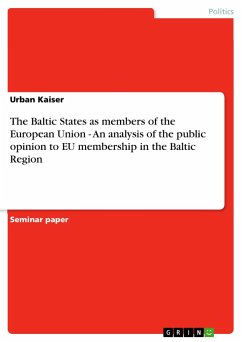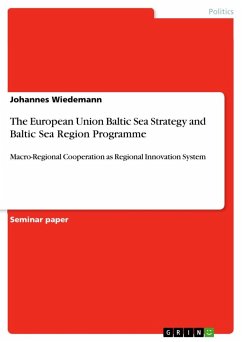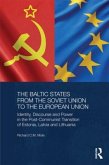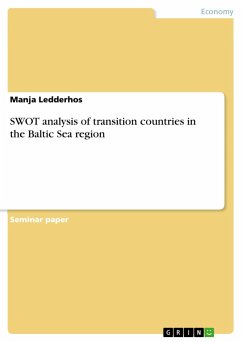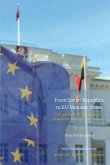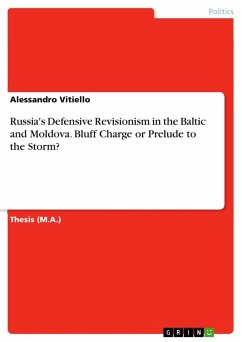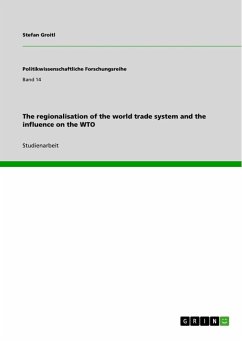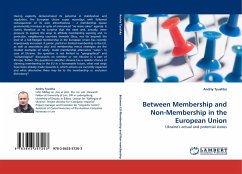Seminar paper from the year 2005 in the subject Politics - International Politics - Region: Eastern Europe, grade: 1,0, University of Latvia (Department of Political Science), course: Politics and Policy in Baltic States, language: English, abstract: The paper will be divided in two main parts: The first part is about the structures and the functions of the EU institutions. This presentation will be focused on three institutions of the EU: The European Commission, The Council of the European Union and The European Parliament, due to the fact that this "institutional triangle" produces the policies and laws that apply throughout the EU. Any of these institutions will be introduced in an own subchapter by explaining their composition, procedures and functions. [...] Important to mention is that the "Council of the European Union" should not to be confused with the "Council of Europe", an organisation separate from the EU with a wider membership, or with the "European Council", the meeting of the heads of state and government of the EU together with members of the Commission (Archer 2000:44). In the following the terms "Council" and "Council of Ministers" are only used as synonyms for "The Council of the European Union". The presentation of the institutions of the EU will be followed by an overview about the EU accession procedures of the three Baltic States. This chapter will be introduced by a short description of the official regulations to become a member of the EU, more precisely a description of "the eight stages to EU".These mentioned backgrounds are essential for the following second part of the paper, the empirical analyse of the attitudes of the Baltic population to the European Union. It is mainly based on aggregate data of several editions of the Eurobarometer, which will be introduced in an own section. Other, also on aggregate data based surveys, are used, if they show significant different results or if they contain some interesting aspects they are not mentioned in the Eurobarometer. It is important to mention that the using of such aggregate data does not allow autonomous calculations of correlations between age groups, levels of education and the opinion to European Union for example. To use correlations like these for the argumentation we are relied on mentioned ones in the available reports. Subsequently the attitudes to different questions asked in these surveys will be analysed by looking at first separately to the results of every country. Afterwards the results of the Baltic States will be compared with those ones from other New Member States on the one hand and with results from the "Old Member States" on the other hand.

